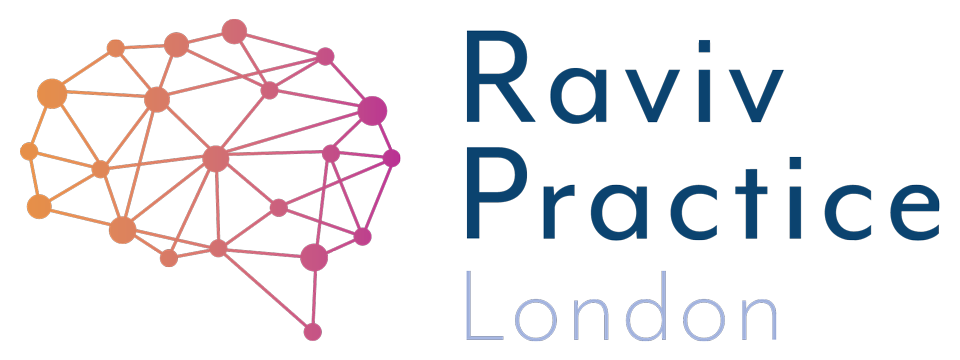
Blog
Usha Patel, Neurocognitive Therapist and Director of Raviv Practice London shares her first-hand experience of working with children /adults and the latest research and upcoming events in her series of blog posts.
When dyslexia is seen as a disease
This blog follows Christine's experience of being a highly educated woman with dyslexia navigating abuse and parenthood. Her journey shows how misunderstood dyslexia can lead to deep anxiety and how the right support can rebuild memory and confidence
What the UEFA final England Versus Italy taught us about emotional brains
I am the first to admit I am not the biggest football fan. After the allocated 90 minutes of play and no overall winner, I blurted out “oh! they will go into 'overtime!’” My child's eyes rolled, and my family corrected me to 'NOooo! EXTRA TIME!'
What is executive functioning and how to identify the weak areas?
Does your child have problems with finding homework, talking out of turn, or temper tantrums? He may have executive functioning problems. These skills help us manage daily life and deficiencies can lead to underachievement if not treated.
Does your child struggle with high-frequency spellings?
Many children with dyslexia, dyspraxia or ADHD find high-frequency spellings difficult to retain. This blog shares a proven two-step approach using Stareway to Spelling and Cogmed Working Memory Training to strengthen visual recall and finally make spelling stick.
Why can't I concentrate?
An honest reflection from an adult with undiagnosed dyslexia and ADHD, revealing how focus issues shaped his life and how practical strategies and mindset shifts helped him overcome them.
How dyslexic minds work differently: Jamie Oliver vs Delia Smith
Jamie Oliver’s creative approach to cooking shows how dyslexic minds think differently. Many dyslexic learners thrive when their strengths are nurtured through intuition and creativity rather than structure.
When children get bored easily
Some children learn better when doing a practical thing, rather than thinking deeply or reading about it. The act of ‘doing’ helps some children remember the task at hand.
A new kind of happy - removing anxiety in adults
As one of those individuals who always felt at fault, continually trying to improve and iron out flaws, it was somewhat ironic that my so-called defects, dyslexia and all the issues that surround this diagnosis, were the thing that made me unique in the first place.
Reversing numbers and letters is a thing of the past
Do you write with your left or right hand? This is a preference your brain and body has decided is the strongest for this particular task, it is your 'dominant hand'.
Flop or Flob? The power of speaking it out
I was watching one of my students write the other day, and noticed countless problems with her seated position, her pencil grip, and how she was obscuring the sentence with her hand as she wrote. The effort was enormous on her part.












